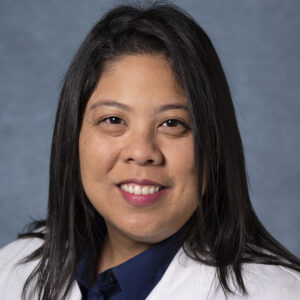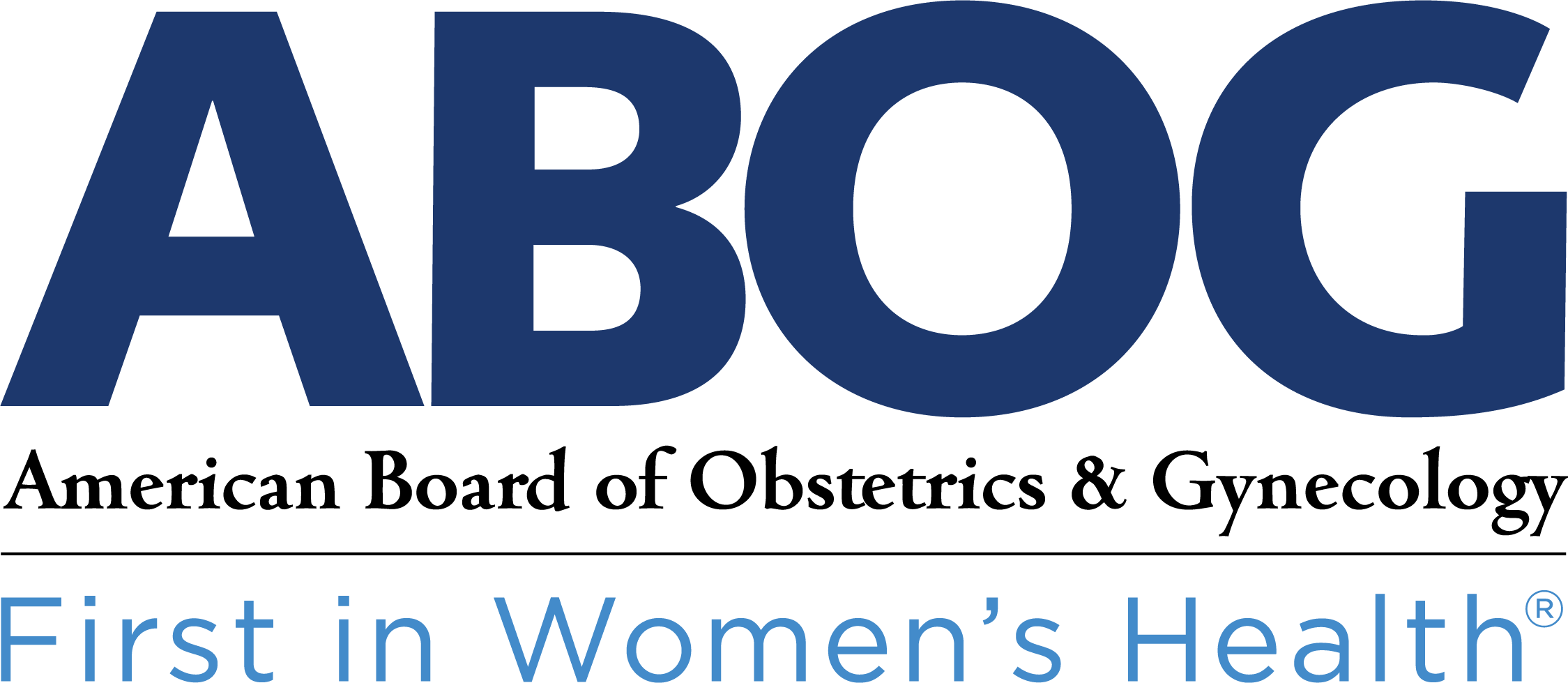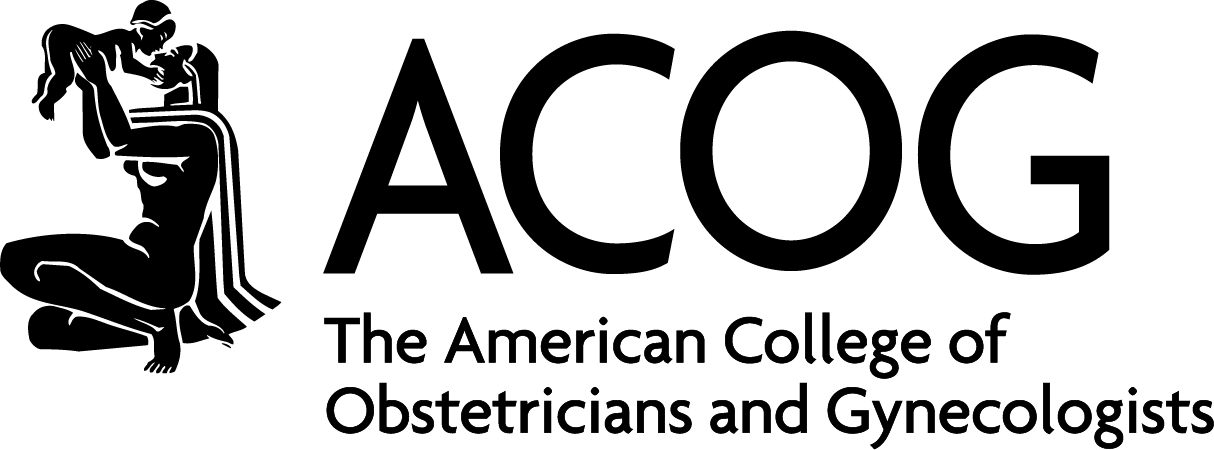Current Scholars
 Ashley Hesson
Ashley Hesson
Award: Foundation for SMFM/AAOGF Scholar Award
Site of Research: Regents of the University of Michigan
Title: A randomized, placebo-controlled trial of dapagliflozin for cardiovascular risk reduction in the postpartum period of hypertensive pregnancies
 Teresa Boitano, MD (2025-2028)
Teresa Boitano, MD (2025-2028)
Award: AAOGF/GOG-F/FWC Scholar Award
Site of Research: University of Alabama at Birmingham
Title: Improving minority and rural patient enrollment and retention in gynecologic oncology therapeutic clinical trials
 Asha Talati, MD, MSCR (2025-2028)
Asha Talati, MD, MSCR (2025-2028)
Award: AAOGF/ABOG Scholar Award
Site of Research: University of North Carolina at Chapel Hill
Title: Identifying Equity Focused Strategies to Implement Reproductive Genetic Care
 Beth L. Pineles, MD, PhD (2024 – 2027)
Beth L. Pineles, MD, PhD (2024 – 2027)
Award: SMFM/AAOGF Scholar Award
Site of Research: Perelman School of Medicine of the University of Pennsylvania
Title: Deimplementation of Ineffective and Harmful Medical Practices: A Data-Driven Commentary
 David Huang, MD, PhD (2024 – 2027)
David Huang, MD, PhD (2024 – 2027)
Award: ABOG/AAOGF Scholar Award
Site of Research: University of California, San Francisco
Title: Elucidating the Transcriptomic Landscape of the Human Endometrium at a Single-cell Level During the Window of Implantation: Understanding How Aberrant and Artificial Endometrial States Contribute to Adverse Pregnancy Outcomes
 Melissa S. Wong, MD, MHDS (2023 – 2026)
Melissa S. Wong, MD, MHDS (2023 – 2026)
Award: SMFM/AAOGF Scholar Award
Site of Research: Cedars-Sinai Medical Center
Title: Using Artificial Intelligence (Machine Learning) to Build an Integrated Real-Time Delivery Predictor
The goal of the current proposal is to evaluate the ability of a machine learning model (Partometer), which can predict in real time the probability of a vaginal delivery during labor, to increase rates of vaginal delivery. The aim of this project are as follows: (1) to compare predictions of the Partometer prospectively to those made by clinicians in real-time (2) to engage clinician stakeholders to refine the final version of the Partometer for imple-mentation, and (3) to activate the Partometer for clinical use and evaluate the feasibility of a prospective trial using the Partometer to increase rate of vaginal delivery. Understanding both how to study the effectiveness and optimal implementation of AI in caring for pregnant patients will be critical as obstetric care continues to grow more complex, and concerns about unequal treatment more transparent. Receiving the described training will lay the groundwork for a career focused on using artificial intelligence to improve maternal and newborn birth outcomes and reduce disparities in maternal care.
 Melissa Frey, MD (2023 – 2026)
Melissa Frey, MD (2023 – 2026)
Award: ABOG /AAOGF Scholar Award
Site of Research: Weill Cornell Medicine
Title: Randomized Controlled Trial of Facilitated Cascade Testing for BRCA1/2 Mutations
More than two decades since the discovery of genetic predisposition to breast and ovarian cancer, the promise of genomics as a tool for cancer prevention has yet to be fully realized. While approximately one million adults in the US carry BRCA1/2 mutations, fewer than 20% know that they are carriers. Furthermore, racial and ethnic minorities and those with low socioeconomic status experience marked under-recognition of hereditary cancer syndromes, leading to late or missed diagnoses. Ideally, when a person is found to carry a BRCA1/2 mutation, this information is “cascaded” or shared with at-risk relatives, so they too can seek genetic testing and ultimately adopt life-saving cancer surveillance and risk reduction interventions. However, under the current medical system, carriers of a BRCA1/2 mutation must shoulder the burden of organizing cascade testing for their relatives, leading to alarmingly low rates of testing. In a pilot study, we found that clinician-facilitated cascade testing through telephone genetic counseling and mailed saliva kit testing resulted in cascade testing for approximately 60% of relatives, an uptake rate significantly higher than reported in the literature. Through this research, we seek to evaluate clinician-facilitated cascade genetic testing compared to standard of care in a multi-institutional randomized controlled trial and to assess clinical and demographic features (e.g., race, ethnicity, education, affordability, social determinants of health) associated with inequity in use of cascade genetic testing.





